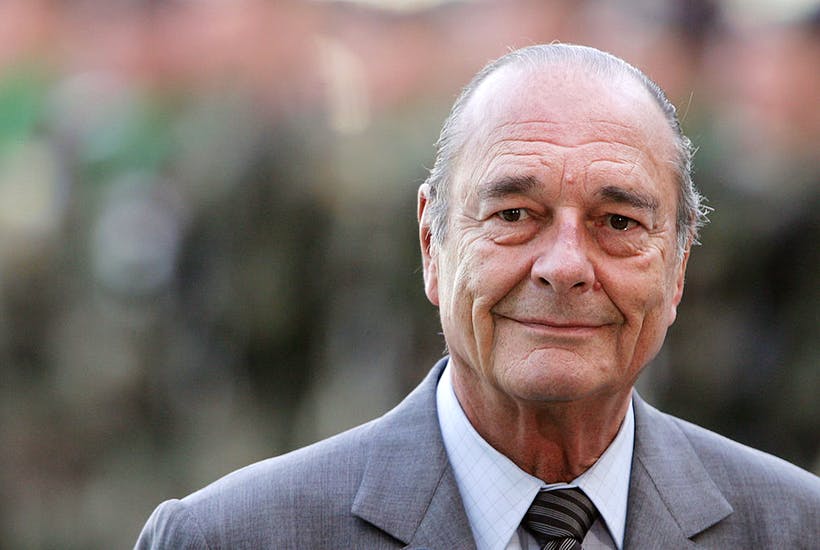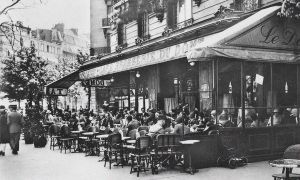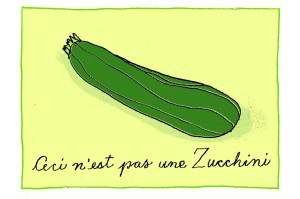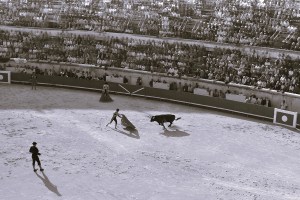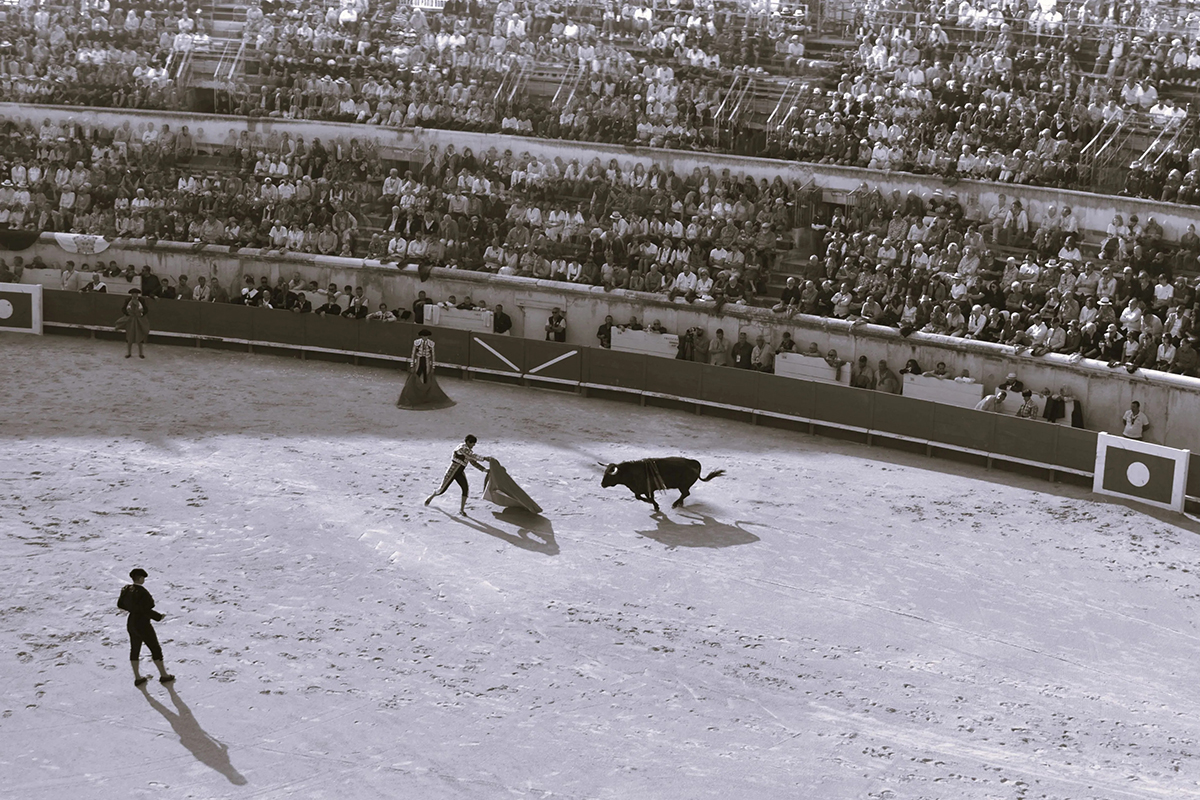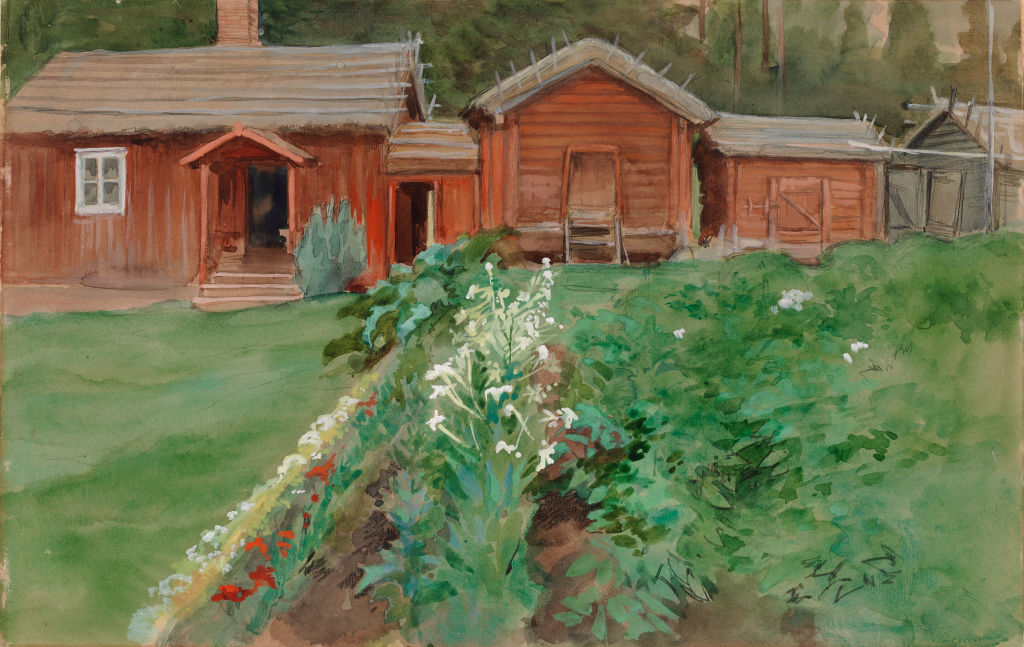The death this week of the Fifth Republic’s fifth president, at the age of 86, is also the passing of its most romanesque character. Tall and debonair, Jacques Chirac’s charms worked their magic with the ladies at a higher rate than even the standard operating procedure for most French presidents. Chirac’s social and political ascension bears the stamp of Balzac. A provincial lower middle-class republican upbringing in the rural Corrèze is transformed by the stereotypical transfer to Paris at the behest of a local patron. Good schooling followed by the elite nurseries for top civil servants – Sciences Po and ENA – put the boy Chirac on the right path. Marriage into one of Paris’s prominent aristocratic families complemented the package. Now it was up to his intrinsic qualities of intelligence, drive, charm, and the instincts of a political assassin, to propel him up the political ladder to the highest office in the land. So how might Jacques Chirac’s 40-year political life be assessed? In short, one of ambivalence and crisp contradictions.
A man renowned for being close to the people but married in to one of the great aristocratic French families; a militant communist student at Sciences Po in Paris he transitioned to the Gaullist right in his political career though maintaining left-leaning views on social issues; nicknamed ‘mon bulldozer’ by President Pompidou for his energetic and pushy political persona, yet personally sensitive, warm and humanist, able to quote myriad Japanese haiku poems; a political leader who passionately decried Europe’s ‘bleeding’ of Africa for ‘four-and-a-half centuries’ yet continued the old French tradition of FrancAfrique with all its underhand and corrupt links with the continent and unsavory leaders; a ‘franchouillard’ politician caricatured with beret and baguette yet a great lover of the arts and the impassioned founder of France’s first museum for ‘primitive arts’ on Paris’s Quai Branly; initially a supporter of Algeria remaining French when he served there for his military service in 1956/7 but who transitioned to Gaullism shortly afterwards, despite the general’s championing of Algerian independence; he favored France reintegrating Nato at the beginning of his presidential mandate in 1995 but refused to support the United States in 2003 over the second Iraq war; a leader internationally unpopular for restarting French nuclear testing in 1995 but who nine years later was internationally feted for standing up to the USA.
Something of a Euroskeptic while prime minister under Valery Giscard d’Estaing, he became a Europhile during his own presidency, but was unable to stop France voting against the European constitution in the bitter referendum of 2005; a member of France’s highest Constitutional Court ,yet in 2011 the first former president of the Republic to be condemned by the courts to a two-year suspended sentence for improper financing of political parties when he was mayor of Paris (1977-1995).
So a checkered and contradictory political career. Does it amount to anything by way of political legacy? It seems not. There are no real Chiraquiens, as there are Gaullists, Giscardiens, Mitterrandistes, Sarkozystes.
Yet paradoxically he is the Fifth Republican president who was – and is – held most affectionately in the hearts of the French people. Famous for tapping cows on their hind quarters at the annual Paris agricultural show and for his appetite for France’s most peasant-inspired dishes from tête de veau sauce gribiche to saucisson, he extended the gastronomic metaphor to politics, notably when he enquired in 1988 in negotiations in Brussels whether Mrs Thatcher wanted ‘his balls on a plate’.
Caricatured in the otherwise caustic French equivalent of Spitting Image as the bawdy but debonair Frenchman, it was said that this popular image won him victory over the favored contender for leadership of the Gaullist party in 1995. Eiffel Tower illuminations were shut down in tribute to a popular personality whose political life provides a welcome break from the identikit politicians of today.
This article was originally published onThe Spectator’s UK website.



